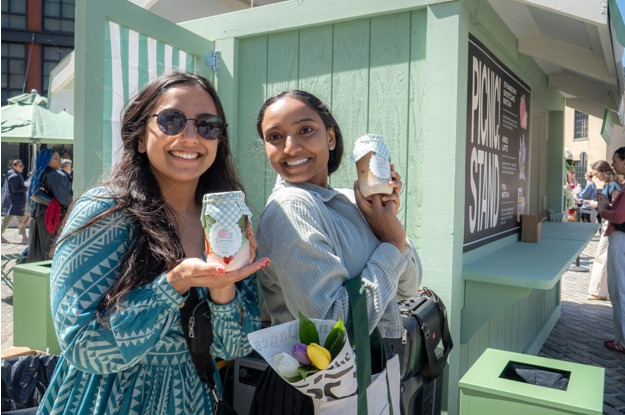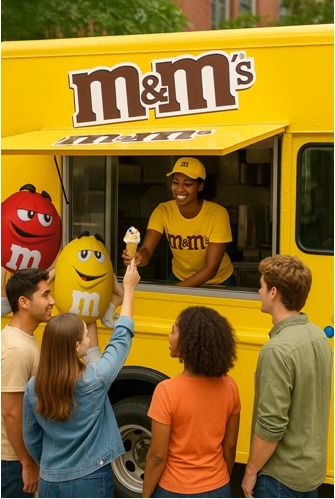Experiential marketing is a powerful strategy that allows brands to connect with their audiences through real-life, immersive experiences. Unlike traditional advertising that speaks at consumers, experiential marketing speaks with them, inviting engagement, participation, and emotional investment. In a crowded marketplace where consumer attention is fragmented, the ability to create memorable moments can shape perceptions and drive deeper brand loyalty.
Experiential marketing companies specialize in designing these interactive campaigns—from large-scale events to innovative pop-ups—ensuring the brand message is felt, not just heard. The goal is simple: make the customer a part of the brand story. This method builds long-lasting emotional bonds that traditional ads often fail to achieve.
Why Are Brands Turning to Experiential Marketing?
With the rise of digital noise and declining effectiveness of traditional ad formats, brands are rethinking how they show up in the world. This is where brand activations come in. These are live, on-the-ground experiences that bring a brand to life through creative execution, allowing customers to interact with products or services in an authentic setting.
Large US brands are increasingly using brand activations to humanize their identity, build emotional resonance, and spark social sharing. Experiential marketing companies play a critical role in bringing these activations to life by providing strategic guidance, creative design, and logistical execution.
One of the key reasons brands are moving in this direction is the rise of the experience economy. Today’s consumers, especially Millennials and Gen Z, value experiences over possessions. This shift in consumer preference makes experiential marketing not just a tactic but a necessity. A well-executed activation allows brands to align with these values, creating moments that are both shareable and deeply personal.

The Role of Experiential Marketing Companies
For large brands looking to execute impactful campaigns, partnering with the right experiential marketing companies is essential. These firms offer a blend of creativity, production expertise, and consumer insight that allows activations to cut through the noise and reach the right audience.
From ideation to execution, experiential marketing companies are responsible for translating a brand’s essence into a live environment. They understand how to build sensory-rich experiences that not only entertain but also educate and convert. Importantly, these companies know how to measure impact—not just through attendance or impressions, but through deeper metrics like dwell time, sentiment, and post-event engagement.
Moreover, the most successful brand activations are multi-sensory and multi-channel, seamlessly integrating physical experience with digital amplification. Whether it’s a pop-up shop, a mobile tour, or a high-impact food truck activation, the experience must feel authentic and tailor-made for the target audience.
Why Experiential Marketing Works for Large US Brands
For big brands, especially those in competitive categories like tech, fashion, and consumer goods, experiential marketing provides a key competitive edge. It transforms passive observers into active participants, turning brand awareness into brand advocacy.
Brand activations offer something that digital ads cannot: the human touch. In-person experiences help companies build trust, gather live feedback, and connect with audiences in ways that feel meaningful and lasting. Consumers are more likely to remember—and share—a brand they experienced directly versus one they saw in a banner ad.
Large brands also see ROI from the earned media and user-generated content that these activations inspire. People love to post about interesting, visually striking events they attend. When done well, experiential marketing becomes a content engine that fuels organic reach and brand visibility across platforms.
The Future of Experiential Marketing
As AI and automation continue to reshape the marketing landscape, real-world human interaction becomes even more valuable. In the future, experiential marketing companies will play a pivotal role in helping brands design hybrid experiences—blending physical and digital—that cater to evolving consumer behaviors.
What will remain constant is the need for connection. Brand activations that focus on storytelling, community, and cultural relevance will continue to resonate deeply with audiences. The demand for authentic, real-world engagement will only grow, making experiential marketing a cornerstone of brand strategy for years to come.
At the forefront of this movement is We Are Sweeter, a New York-based experiential marketing company known for using food truck marketing to deliver dynamic and memorable brand activations. Their approach combines creativity with precision, helping large US brands craft experiences that delight, inspire, and drive measurable results.

